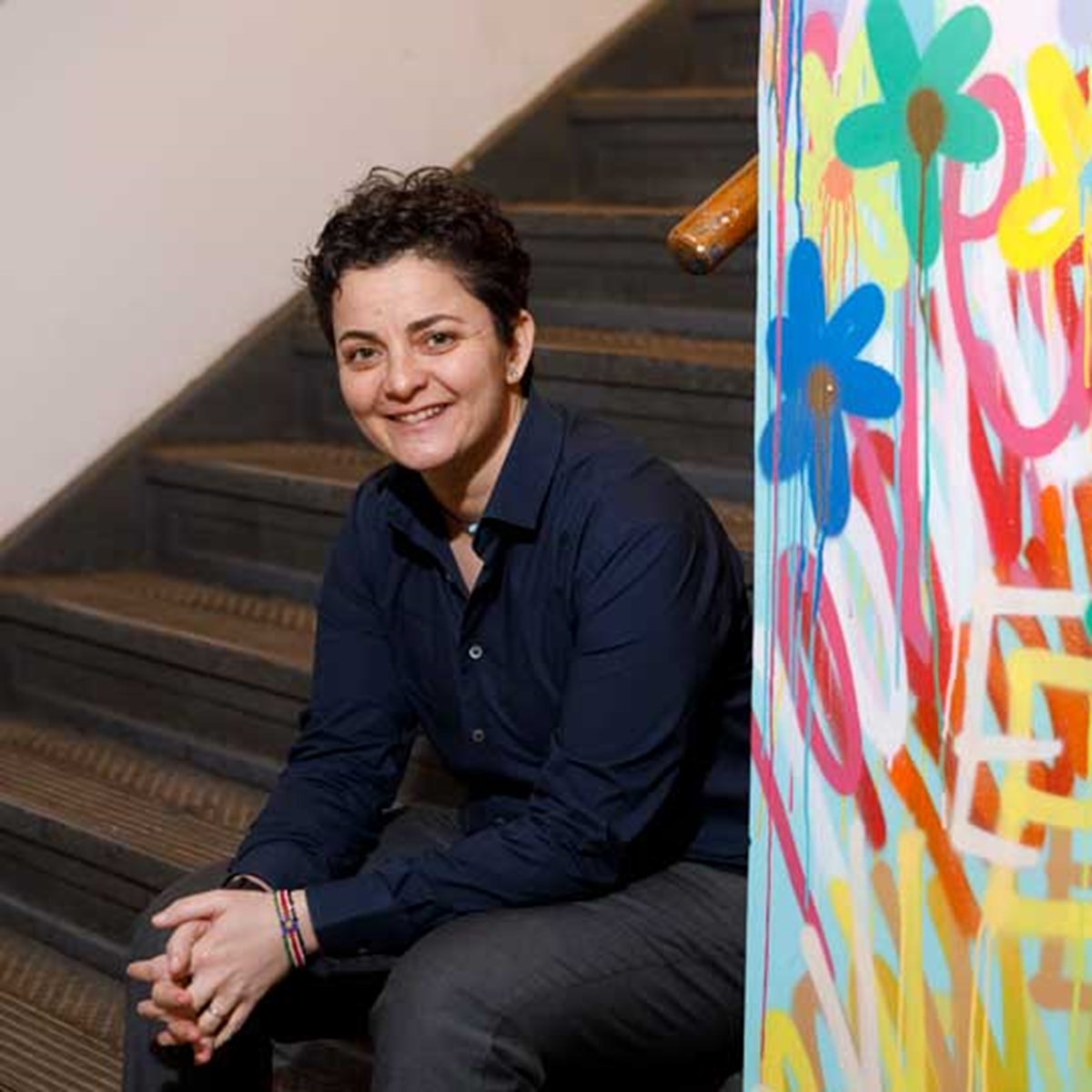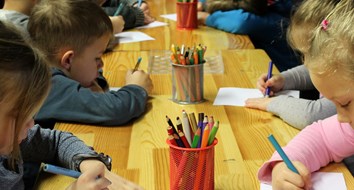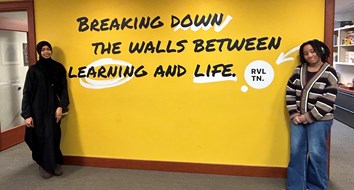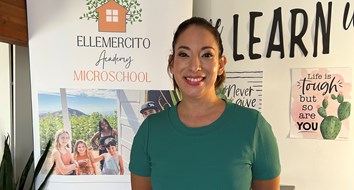Like so many entrepreneurs, Luma Mufleh saw a problem and created a solution. In 2004, when she began coaching a soccer team of young refugee boys in the suburbs of Atlanta, she soon discovered that the local public schools they attended were failing them. They would be passed along to the next grade level without any literacy skills and with no ability to master the academic content being presented. They were also struggling socially.
“Students were bullied and made fun of because of their names or because of the fact that they don’t know anything. It was just really hard to watch,” she told me during this week’s episode of the LiberatED Podcast.
An immigrant herself who grew up in Jordan and is the daughter and granddaughter of Syrian refugees, Mufleh decided to take action by creating the first American school designed specifically for the distinct needs of refugee and immigrant children. In 2007, she launched Fugees Academy as a tuition-free private school with six refugee students and a teacher in a church basement in Clarkston, Georgia. The first Fugees grew quickly, became an accredited private school, and now operates as a Georgia charter school.
In 2018, Mufleh expanded Fugees Academy by opening a second location in Columbus, Ohio. There, refugee and immigrant students attend tuition-free through the state’s educational voucher program. “We wouldn’t exist without school choice,” says Mufleh, explaining during our conversation that school choice policies should be simplified to make them more accessible to more students.
In Mufleh’s powerful new book, Learning America: One Woman’s Fight for Educational Justice for Refugee Children, she details her personal story of coming to the United States, serendipitously connecting with refugee children, and embracing the can-do American entrepreneurial spirit. She writes:
“There was never a grand plan. There wasn’t a moment when I thought to myself—This is what I do now; I lead a school for refugees. I saw kids being deprived of an education, families struggling despite their coveted American addresses, and I did what I could to make their lives better. No school I found was considering the specialized needs of my community. It was easier and more effective just to do it myself. I had grown up in such a suffocating, restrictive culture. In America, the freedom I had to fix the problem I saw in front of me was an irresistible privilege.”
Mufleh has advice for other prospective education entrepreneurs who may be contemplating getting started. “Do it,” she urges in this week’s podcast. “There are problems. We can’t just take time to overthink, overthink, overthink. Sometimes the simplest solution is right in front of you.”
Listen to the weekly LiberatED Podcast on Apple, Spotify, Google, and Stitcher, and sign up for Kerry’s weekly LiberatED email newsletter to stay up-to-date on educational news and trends from a free-market perspective.





